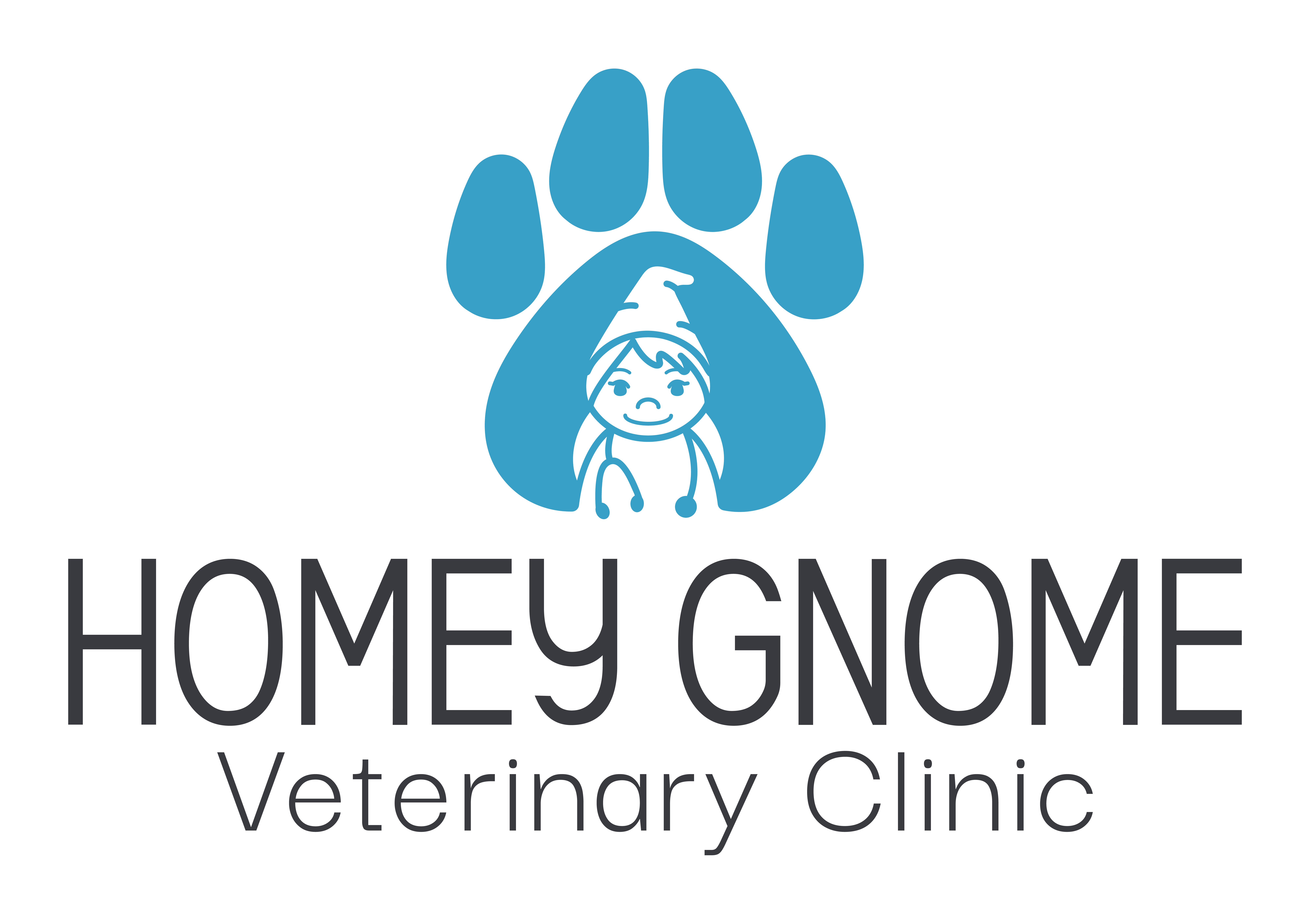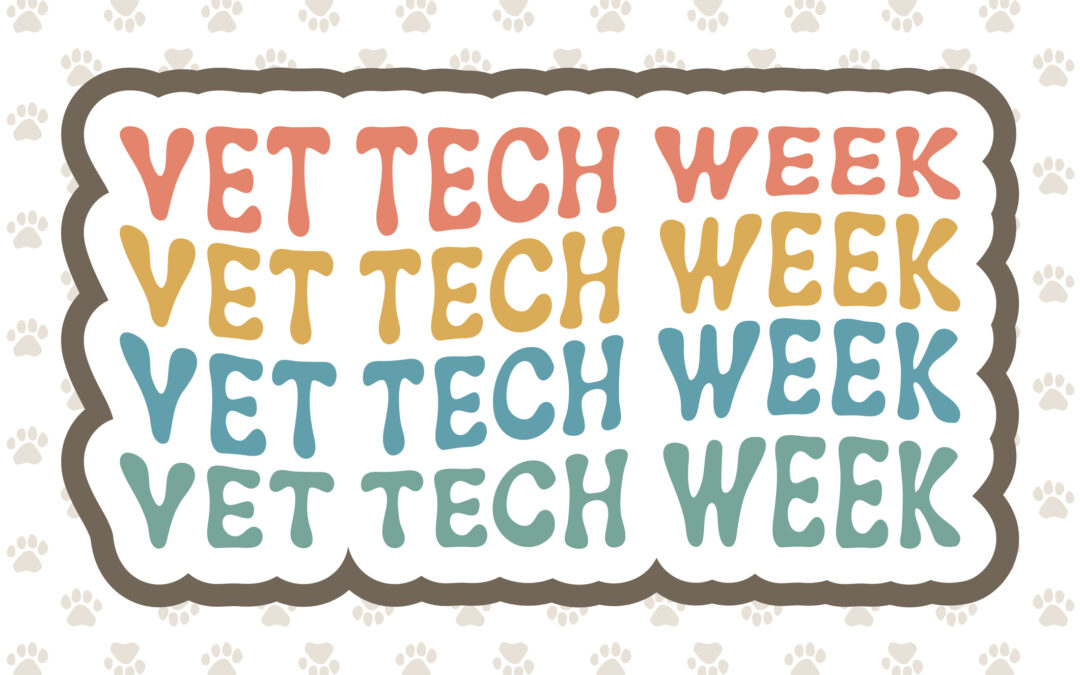Behind The Scenes
Most of us are familiar with the slogan, “Behind every great man there’s a great woman.” Similarly, behind every great veterinarian is a great veterinary technician (or three or four). Veterinary technicians are key to making the veterinary clinic world go around. In honor of National Veterinary Technician Week, celebrated this year from October 15-21, we’re going to celebrate our veterinary technicians by proclaiming the value of all they do.
What Is A Veterinary Technician?
A veterinary technician does much more than a layperson might think. Working as a veterinary technician is the epitome of a labor of love. Veterinary technicians love animals – all kinds of them – truly and deeply. They love the skinny critters, the fat ones, the scared ones, and the ones that lash out to bite them. Veterinary technicians love your pet almost as much as you do, and they provide the care that only those passionate about their work can. Veterinary technicians, like nurses in a people’s hospital, provide clinical and professional care while simultaneously providing support and compassion to you and your pet. They’re superheroes covered with someone else’s fur.
How Do You Become a Veterinary Technician?
Of course, the first requirement for being a veterinary technician is to love animals. Ours do. Veterinary technicians undergo extensive educational training, too. Most of them have:
- Several years of education beyond high school
- Usually have an associate or bachelor’s degree as a veterinary technician or in a related field
- Continue their education through ongoing classes
- Often become certified in specific areas like animal dentistry, emergency care, or zoology
- Obtain their professional license
In other words, veterinary technicians are highly skilled professionals.
What Do Veterinary Technicians Do?
Veterinary technicians play a variety of roles in an animal hospital. They:
- Take your pet’s medical history
- Document information about your pet’s treatment
- Collect lab specimens like blood, urine, and feces
- Do other kinds of lab work
- Take x-rays
- Prepare pets and surgical rooms for procedures
- Prepare surgical equipment
- Assist in surgeries and other procedures
- Provide skilled care for your pet post-operatively
- Help support you when your pet is ill
- Provide education and advocacy for their pet patients
Veterinary technicians work with a licensed veterinarian. While most work in a clinical setting like a veterinary practice or animal hospital, some work in veterinary research facilities or zoos. Wherever they work, veterinary technicians play a significant role in patient care and providing stability and function to the veterinarian(s) with whom they work.
Homey Gnome Veterinary Clinic
Homey Gnome Veterinary Clinic in Oakdale, MN applauds our veterinary technicians for all the hard work they do. Our technicians, and our entire team, ascribe to the same mission: to provide excellent, individualized care for your pet. We work together as a team whose core values encompass compassion, integrity, and commitment to caring for all species of animals. We strive to have fun with each other and the patients we serve while providing the best care possible. We know your pet is your family. We’re animal lovers, too. Veterinary technicians of Homey Gnome Veterinary Clinic – we salute you! You’re truly a breed apart.
Image credit: iStock / Getty Images Plus / dore art


